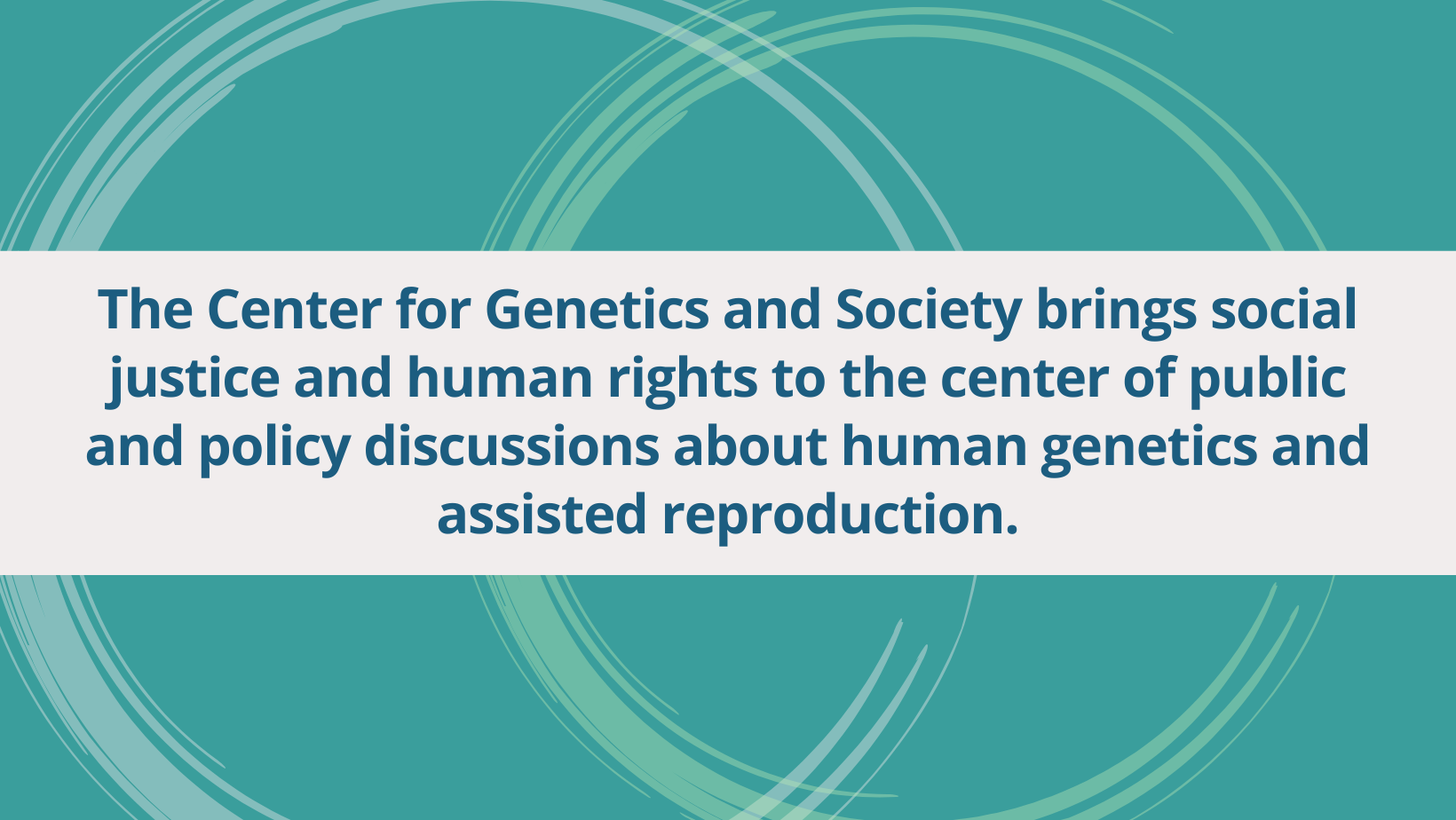Featured
Alice Wong, founder of the Disability Visibility Project, MacArthur Genius, liberationist, storyteller, writer, and friend of CGS, died...
Aggregated News
This is Ask An Expert, where every weekday at 9:20am, KCBS Radio is giving you direct access to top experts...
Biopolitical Times
Group of Tuskegee Experiment test subjects
Public Domain via Wikimedia Commons
Every generation needs to learn about what is commonly...
Following a long-standing CGS tradition, we present a selection of our favorite Biopolitical Times posts of the past year.
In...
A Review of Exposed by Becky McClain
“Do not get lost in a sea of despair. Be hopeful, be optimistic...




